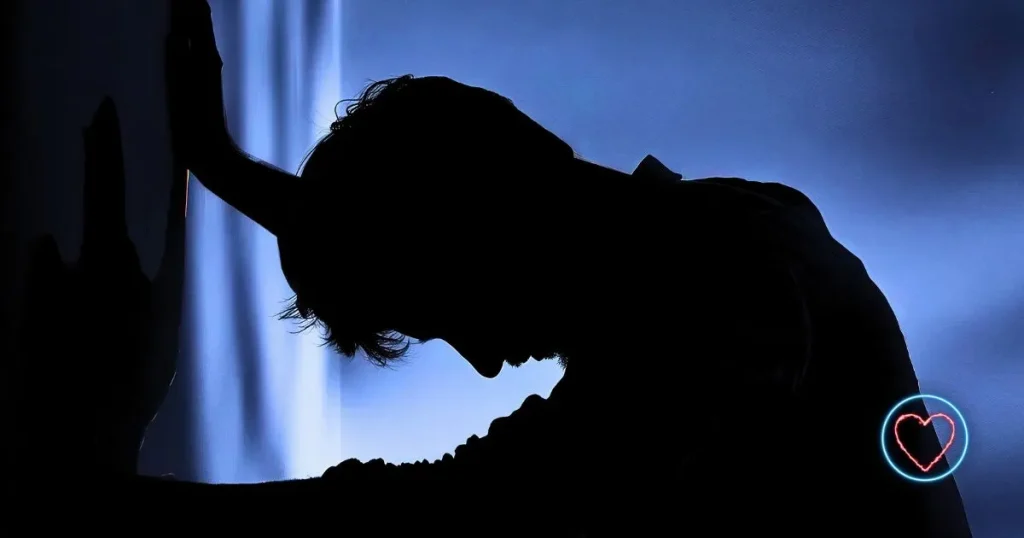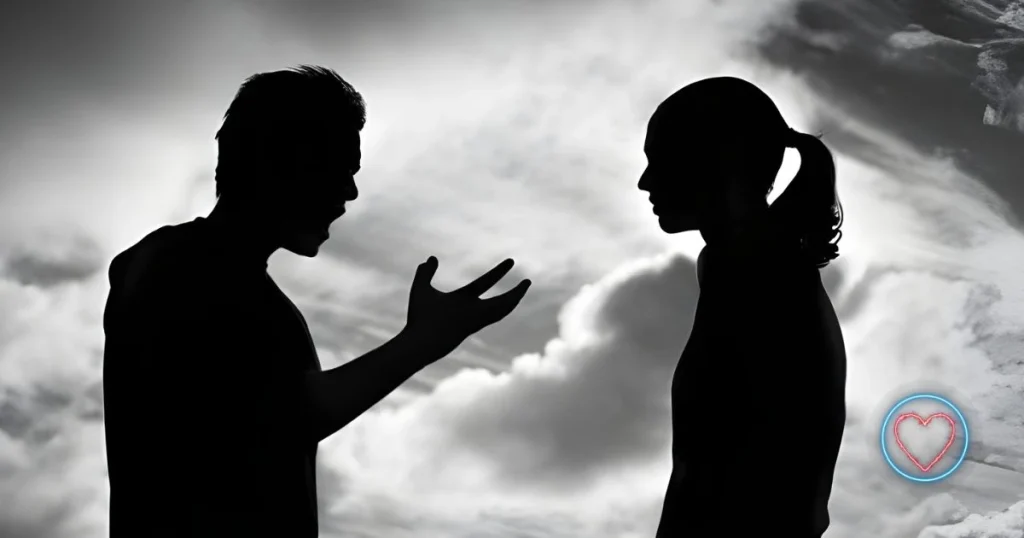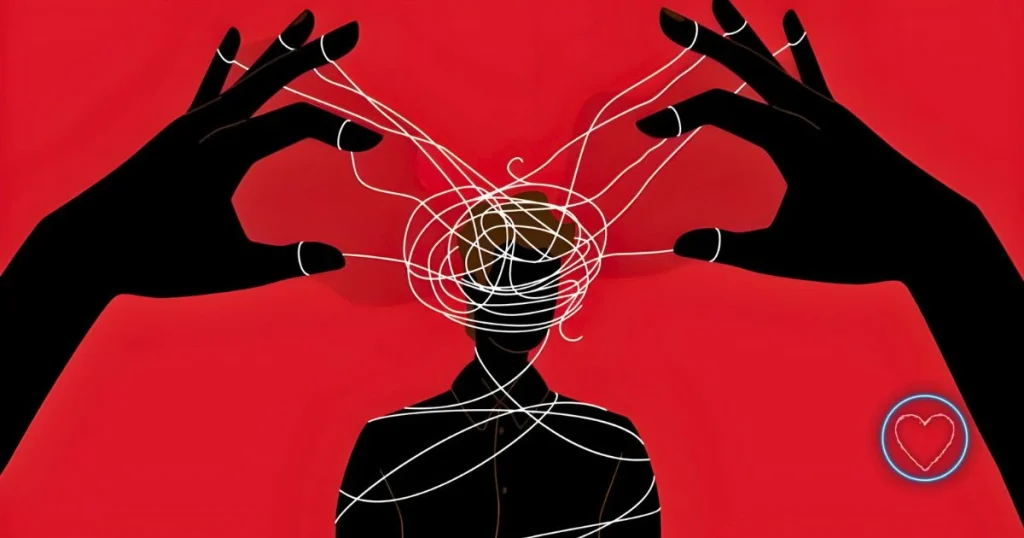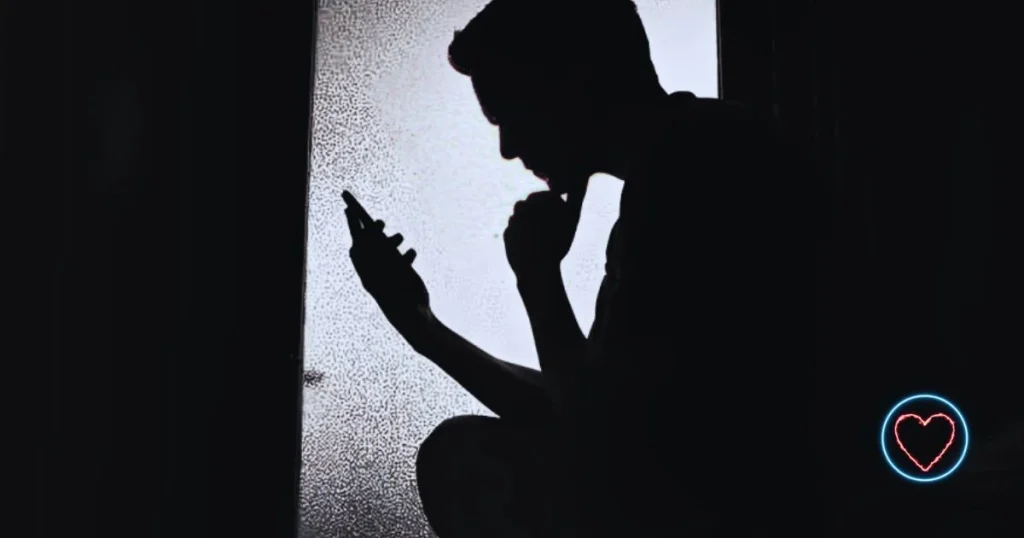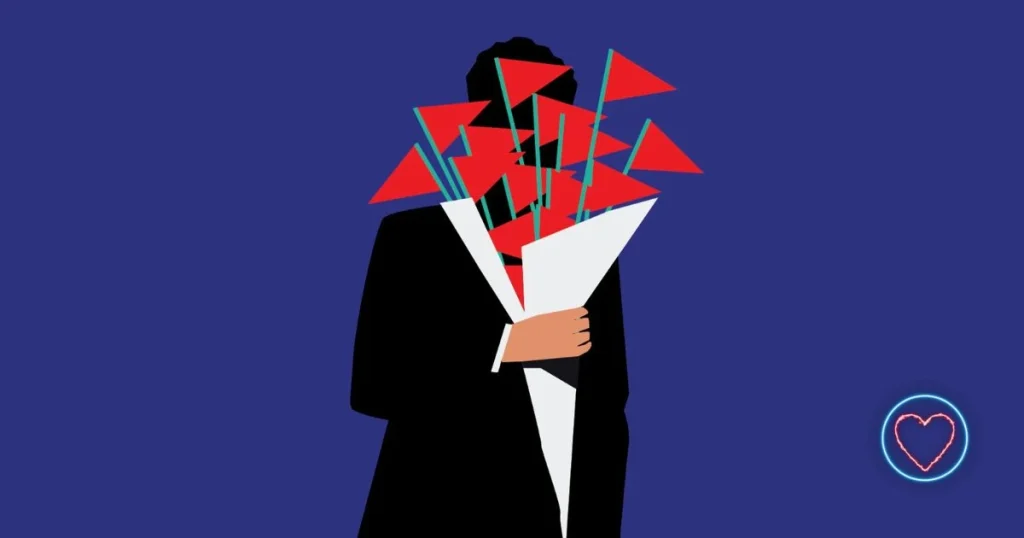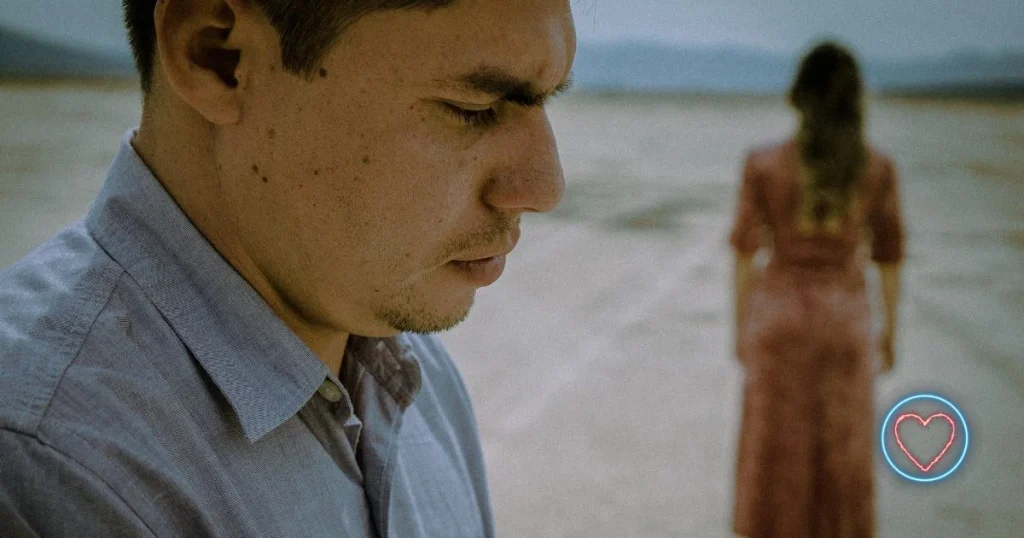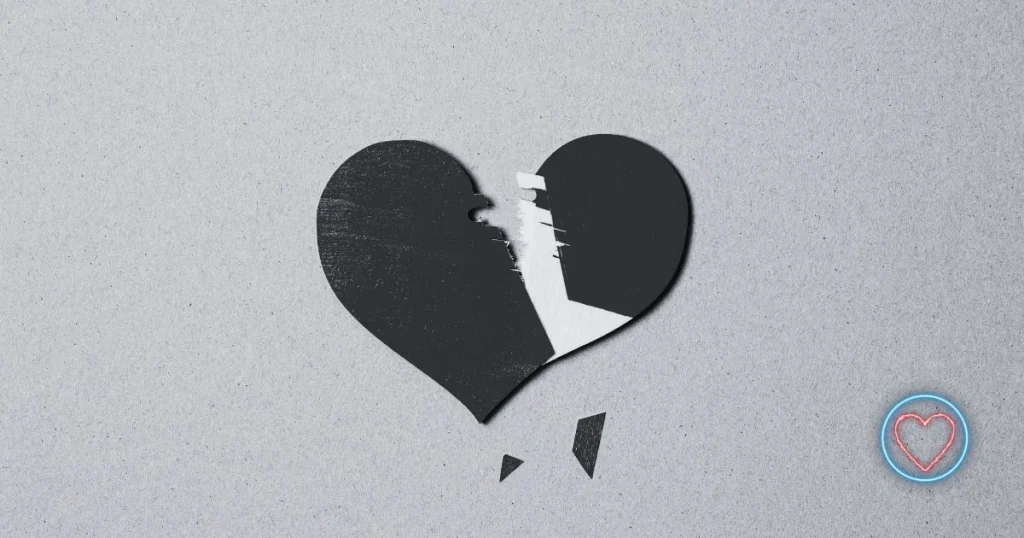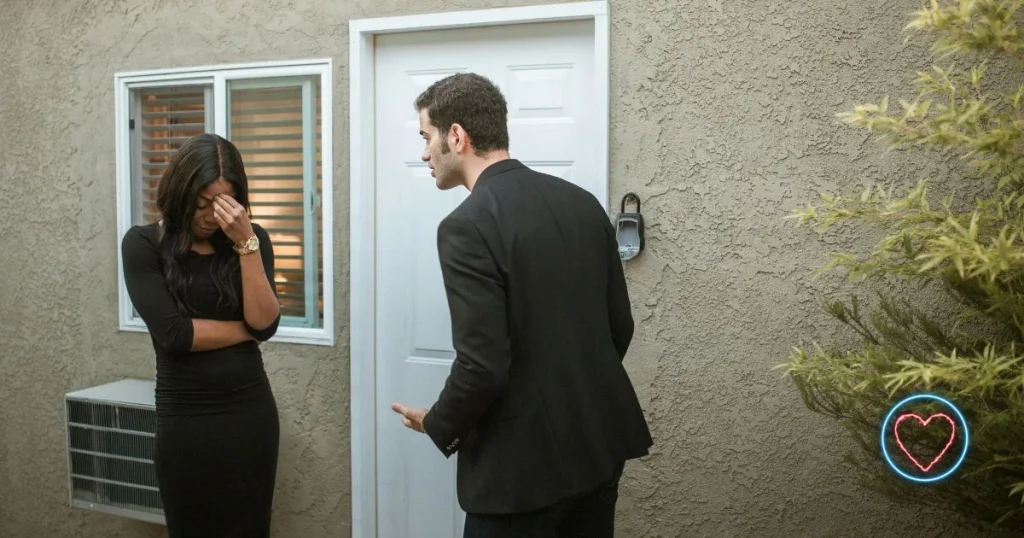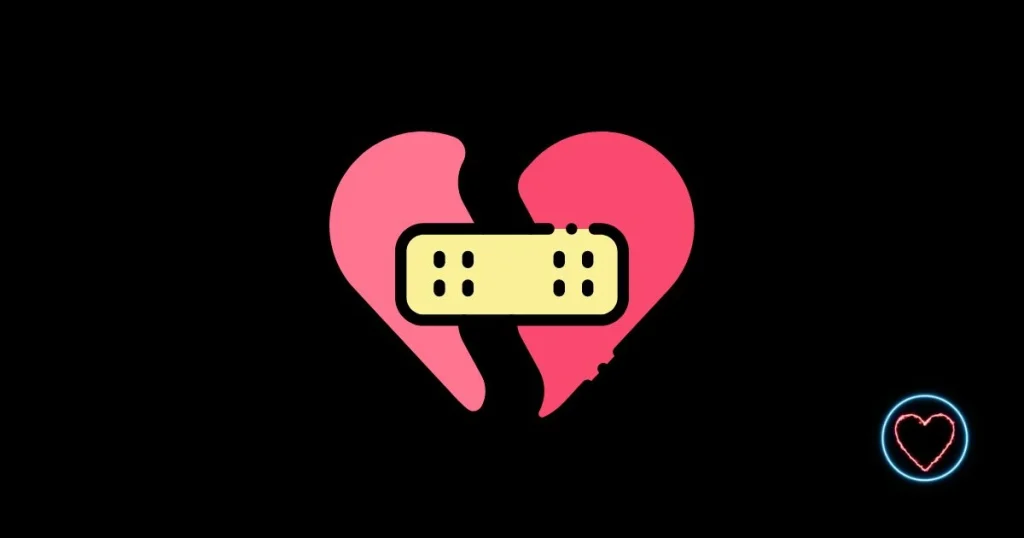Love is supposed to lift us up, bring joy, and create security. But for many, love turns into a dangerous cycle—one where pain, confusion, and emotional turmoil dominate. Even when people know their relationship is toxic, they often find it nearly impossible to leave. Why? Because toxic relationships don’t just involve bad partners — they entangle your mind in psychological traps that are far more difficult to escape.
These traps aren’t always obvious. They disguise themselves as hope, love, loyalty, and fear. But beneath the surface, they keep you paralyzed. Let’s explore the 10 psychological traps that make you stay in toxic relationships — and how they silently take control.
1. The Fear of Being Alone
One of the strongest forces that keeps people in toxic relationships is the overwhelming fear of loneliness. The idea of leaving may seem more terrifying than enduring ongoing emotional pain.
Why It Happens:
- Humans are wired for connection. When that connection is threatened, survival instincts kick in.
- Many believe they won’t find anyone else or that no one else would want them.
- Loneliness is often seen as worse than emotional abuse.
The Trap:
You stay, convincing yourself that some love—even toxic love—is better than no love at all.
2. The Hope for Change
In toxic relationships, hope becomes a double-edged sword. You believe your partner will change. You remember the good moments and hold onto them as evidence that change is possible.
Why It Happens:
- Abusive partners often cycle between cruelty and affection, creating powerful emotional highs and lows.
- You feel invested in the time and energy you’ve already spent.
The Trap:
You keep waiting for the version of your partner you fell in love with to return, even if history repeatedly shows otherwise.
3. Low Self-Worth and Self-Blame
Toxic relationships often erode self-esteem. Over time, you may start believing you’re the problem, that you deserve the mistreatment, or that you’re incapable of finding better.
Why It Happens:
- Repeated criticism, manipulation, or gaslighting by your partner damages your self-image.
- You internalize the toxic narrative they feed you.
The Trap:
You feel powerless to leave because you believe you’re the one who needs fixing.
4. The Trauma Bond
Trauma bonding is one of the most insidious psychological traps. It occurs when cycles of abuse are paired with intermittent kindness, creating an intense, addictive attachment.
Why It Happens:
- Your brain associates relief and happiness with your abuser’s moments of affection.
- The unpredictable rewards mimic addiction patterns, keeping you emotionally hooked.
The Trap:
You become addicted to the rollercoaster of emotions, confusing intermittent kindness with genuine love.
5. Financial Dependence
Money can be a powerful form of control. If your partner controls your finances or you fear financial instability, leaving may seem impossible.
Why It Happens:
- Financial control strips you of independence.
- Fear of poverty, homelessness, or starting over paralyzes you.
The Trap:
You stay because the financial risk feels more dangerous than the emotional abuse you’re experiencing.
6. Fear of Judgment and Shame
Leaving a toxic relationship often requires admitting, both to yourself and others, that things were not as perfect as they appeared. The fear of public scrutiny can be paralyzing.
Why It Happens:
- You worry about being judged by family, friends, or society.
- Cultural or religious beliefs may stigmatize separation or divorce.
The Trap:
You continue suffering silently, fearing the shame that might come with leaving.
7. Normalization of Dysfunction
When toxicity becomes your daily reality, it starts to feel normal. You minimize your partner’s behavior or convince yourself that all relationships have similar problems.
Why It Happens:
- Long-term exposure to dysfunction warps your perception of what’s acceptable.
- Growing up in dysfunctional environments may predispose you to accept toxic patterns.
The Trap:
You no longer recognize the severity of the situation, allowing the toxic cycle to continue unchecked.
8. Guilt and Obligation
Many toxic partners skillfully manipulate guilt. They may portray themselves as victims, making you feel responsible for their happiness, stability, or emotional well-being.
Why It Happens:
- You’re made to believe that leaving will destroy your partner.
- You feel guilty for “giving up” on the relationship.
The Trap:
You stay out of obligation, sacrificing your own well-being to preserve theirs.
9. Fear of Retaliation
In some cases, leaving a toxic relationship poses real physical, legal, or emotional risks. Abusive partners may threaten harm if you attempt to leave.
Why It Happens:
- Abusers thrive on control and will escalate threats when that control is challenged.
- You fear for your safety or the safety of loved ones.
The Trap:
You remain trapped by the looming threat of retaliation, believing it’s safer to endure than to escape.
10. The Sunk Cost Fallacy
The longer you invest in a relationship, the harder it becomes to walk away. You focus on everything you’ve already given up, rather than the future you’re sacrificing.
Why It Happens:
- Emotional, financial, and time investments feel wasted if you leave.
- You convince yourself that enduring a little longer might finally bring the payoff you’ve been waiting for.
The Trap:
You stay because walking away feels like admitting failure — and abandoning everything you’ve already poured into the relationship.
The Silent War in Your Mind
What makes these psychological traps so dangerous is their ability to operate beneath the surface. You may tell yourself you’re staying for love, loyalty, or patience, when in reality, fear and manipulation have rewired your thinking.
Toxic partners are often highly skilled at exploiting these mental vulnerabilities:
- They apologize just enough to give you hope.
- They gaslight you into doubting your own perceptions.
- They isolate you from support systems.
- They use financial control, threats, or guilt to maintain power.
Over time, your emotional strength erodes, leaving you emotionally dependent and mentally exhausted.
The Cost of Staying Trapped
Remaining in a toxic relationship doesn’t just affect your emotional state — it can have devastating long-term consequences:
- Chronic anxiety and depression
- Loss of self-identity
- Physical health problems
- Damaged friendships and family relationships
- Reduced career growth due to constant stress
The longer you stay, the deeper the psychological traps embed themselves, making escape feel more impossible.
Breaking Free: Steps Toward Liberation
While these psychological traps are powerful, they are not unbreakable. Many people have successfully escaped toxic relationships by taking deliberate, courageous steps:
1. Recognize the Traps
Awareness is the first weapon. Educate yourself on the psychological patterns keeping you trapped. Understanding that your struggles are common — and not signs of personal weakness — helps diminish their power.
2. Rebuild Self-Worth
Reconnect with who you are outside of the toxic relationship. Therapy, self-help resources, and supportive friends can help you rediscover your value.
3. Seek Professional Help
Therapists, counselors, or domestic abuse specialists can guide you through the emotional maze and help you create an exit plan.
4. Create a Safety Net
Rebuild your support system. Trusted friends, family members, or support groups provide both emotional strength and practical assistance.
5. Plan Your Exit Strategically
If your situation involves safety concerns, create a detailed plan. Involve professionals who can offer legal or protective support.
6. Challenge Guilt and Fear
Whenever guilt or fear arises, remind yourself: staying does not protect anyone — not you, not your partner, and not your future.
The Truth: Love Shouldn’t Feel Like This
At its core, love is not meant to be a constant battle for survival. True love is rooted in respect, kindness, safety, and mutual growth. If you constantly feel anxious, devalued, or trapped, you are not experiencing love — you are experiencing control.
Breaking free from a toxic relationship requires immense courage. But beyond that fear is something far more powerful: freedom, peace, and the chance to rebuild a life filled with real love and genuine happiness.
